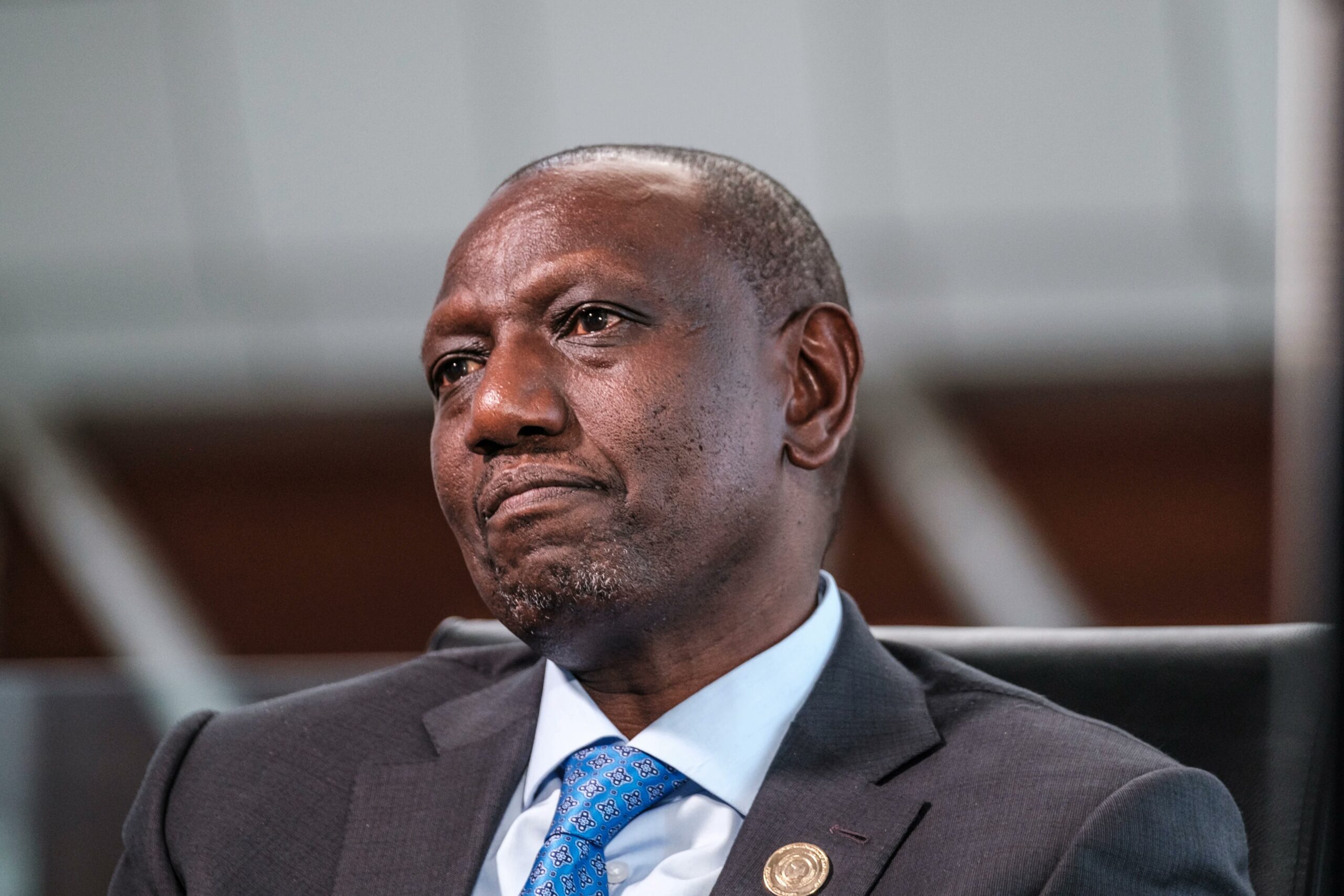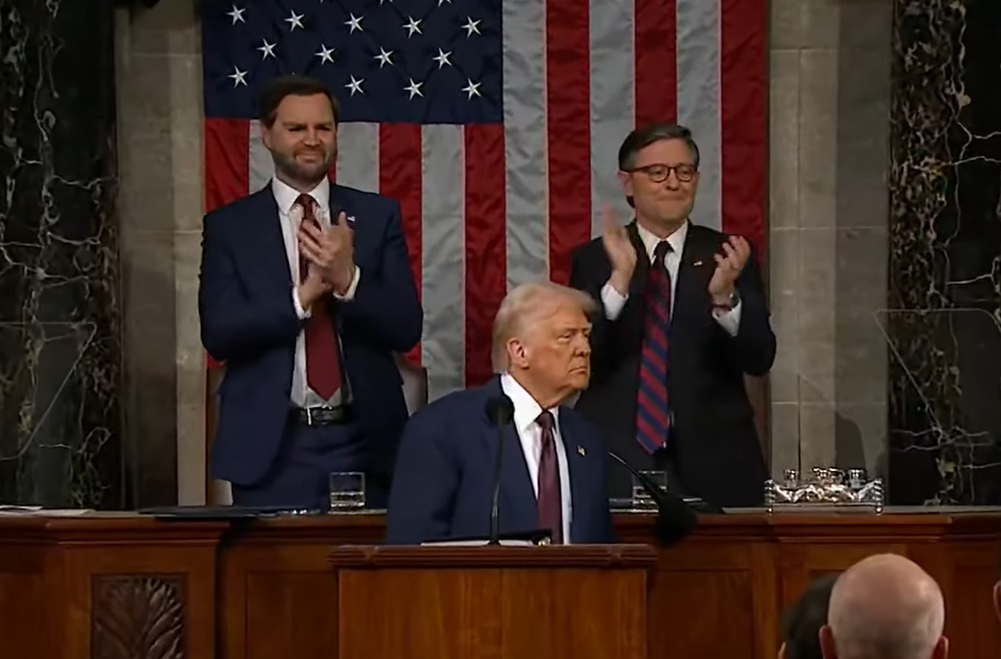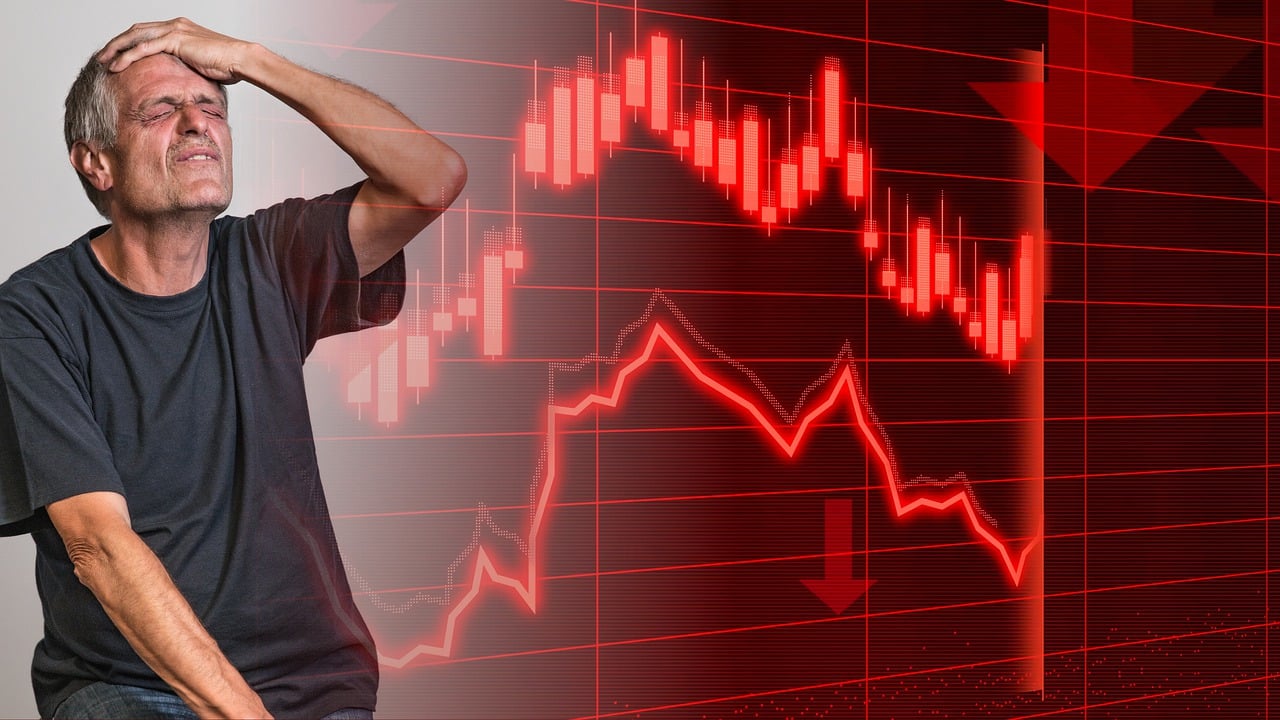Former U.S. President Donald Trump hosted French President Emmanuel Macron at the White House today in a high-stakes meeting centered on the war in Ukraine and the evolving geopolitical landscape. The timing of the discussions coincided with the third anniversary of Russia’s invasion of Ukraine, highlighting the urgency of diplomatic efforts. While the two leaders sought common ground, their approaches to resolving the conflict and securing Ukraine’s future revealed sharp contrasts.
A Critical Minerals Deal with Ukraine in the Works
One of the major takeaways from the Trump-Macron meeting was Trump’s announcement that the U.S. and Ukraine are “close” to finalizing a critical minerals deal. This agreement would allow the U.S. access to Ukraine’s valuable rare earth minerals—a crucial resource for modern technology, including defense systems, electric vehicles, and semiconductors.
Since the beginning of the war in 2022, the U.S. has provided over $180 billion in military and financial aid to Ukraine. The minerals deal is being framed as a form of repayment, ensuring that American support yields strategic economic and security benefits in the long term. However, the details of the deal remain unclear, particularly in relation to how it might affect U.S. commitments to Ukraine’s defense.
Macron’s Cautious Stance on Russia and Ukraine
While Trump has been vocal about his desire for a quick resolution to the Ukraine war—going so far as to engage directly with Russian President Vladimir Putin—European leaders, including Macron and U.K. Prime Minister Keir Starmer, have expressed concerns about prematurely brokering peace with Moscow.
Macron’s position reflects broader European fears that any rushed agreement with Russia could undermine Ukraine’s sovereignty and leave the country vulnerable to future aggression. The French president has consistently pushed for stronger European military support for Kyiv, diverging from Trump’s stance, which has been more skeptical of continued U.S. financial assistance to Ukraine.
U.S. and UN Diplomacy: A Divided Front
The White House meeting comes on the heels of a controversial United Nations General Assembly vote on two competing resolutions regarding the Ukraine war.
- A Ukraine-sponsored resolution condemning Russia received 93 votes in favor, 18 against, and 65 abstentions.
- The U.S. voted against the Ukraine-backed resolution and instead proposed a separate measure calling for an end to the war—but without explicitly condemning Russia’s invasion.
- European nations later amended the U.S. resolution to include references to Ukraine’s sovereignty, leading the U.S. to abstain from its own proposal rather than support a measure seen as overly aligned with European priorities.
This diplomatic maneuvering underscores the growing divide between the U.S. and its European allies on how best to handle Ukraine’s future and manage relations with Russia.
What’s Next?
As Trump and Macron navigate these diplomatic waters, the outcome of their discussions could shape future policies on Ukraine, NATO, and international security. While Trump remains focused on brokering a deal with Russia and extracting strategic benefits from Ukraine’s resources, European leaders continue to advocate for long-term military and economic support for Kyiv.
The coming months will reveal whether these diplomatic talks result in meaningful progress—or if they only highlight the widening rift between the U.S. and its European partners on one of the most pressing global conflicts of our time.
Stay tuned for updates as this geopolitical chess game unfolds.





